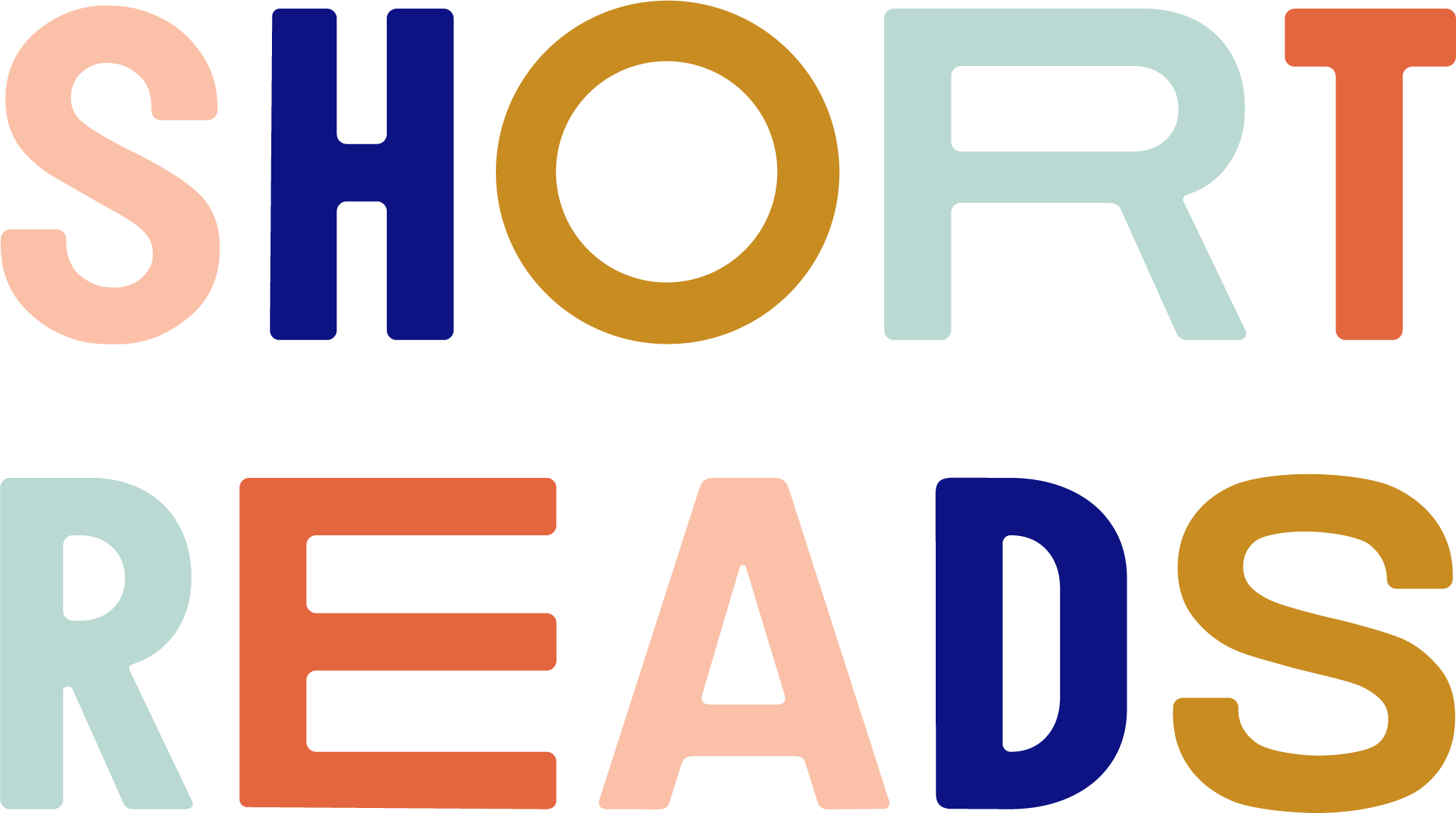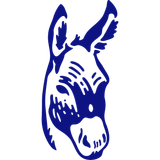Moon, Leaving
by Courtney Ruttenbur Bulsiewicz | Slip-sliding away.

I’m chasing the moon, trying to call to it like a loose dog, or a distant lover, or a loved one leaving: Stop, Moon. Don’t go. Won’t you miss holding hands with the ocean, making it curl in on itself in frenzy? At night, whenever I think of the moon or see its bright body, I get a sinking feeling in my stomach, knowing it’s getting farther and farther away. Stay with me, Moon; get closer again, like you were when I was a child.
I wonder what the moon looked like when I was born; it would have been over three and a half feet closer then. The distance of its drift is slight, imperceptible to the human eye: an inch and a half, 3.81 centimeters, every year. From my perspective now, the moon looks barely the size of a round vanilla buttercream cake pinned to the sky; in reality, it probably looked no different when I was younger. But back then, I didn’t know it was leaving. Once I learned the moon is slowly slipping away, I couldn’t look at the bright gray rock the same. I had been enlightened by a sadness, eaten a piece of the fruit of knowledge, opened my eyes to pain. An insignificant distance and yet over time it is enough to shift worlds.
With each inch and a half the moon moves, the Earth gets shakier. The tides change, and the land heaves and distorts itself bit by bit, coping with the disconnection. I’m trying to remain stabilized. Trying to not take it personally that the moon wants to leave, that my loved ones are leaving too. My father died eight years ago; my mother, eight months. Both losses feel only inches away. I try to find ways to close the gap between me and the moon: riding lifts at night when it’s full, zooming in through lenses. I try to close the gap between my loved ones who have gone and me, wearing their clothes and jewelry, talking to their ghosts, but like the land, I am tethered and can only reach so far.
How many years would I have to go back to see the moon as Italo Calvino imagined it, scraping the Earth: “We had her on top of us all the time, that enormous Moon: when she was full—nights as bright as day, but with a butter-colored light—it looked as if she were going to crush us.” I would love to climb a ladder to the top of the moon as Calvino’s characters do. Sit with the satellite a bit. See if it will tell me why it’s going.
I have my own moon now, my round, pregnant belly—pale white and full, growing with my son inside. I am five weeks away from this moon leaving, too. Currently bound to me by the same blood, air, water, inches of umbilical cord, soon my baby will begin orbiting away—my own body starting the separation, pushing the baby out and away through waves of contractions. I want to promise I will stay, but that’s impossible. Like the moon, like my mother and father, like all of us, I am drifting away every year. Maybe I will end up where the moon is going. I will do all I can to stay, but my son will learn from life, and even, perhaps, from looking at the moon, that nothing stays, that there are moments of fullness and moments of empty sky. But maybe if I never share the fruit of knowledge, if I never tell him what I know about the moon leaving, then the moon will just be the moon, and not an emblem of loss my baby calls to come back.
Courtney Ruttenbur Bulsiewicz writes personal essays, poetry, and critical work that tends toward themes of memory, nature, family, and loss and its accompanying grief. A visiting professor, Courtney teaches courses in creative writing, rhetoric, and literature. She lives in the Mountain West with her husband and two sons. More at courtneybulsiewicz.com.
This essay originally appeared in the Tusculum Review #14 (2018).
Support our efforts: 😎 Upgrade your subscription.







